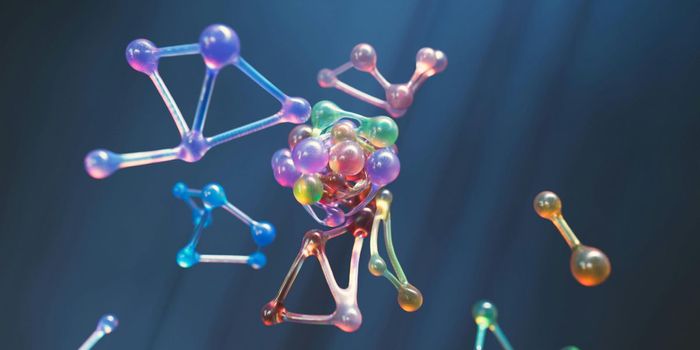Is morality all about taste?
Repugnant. Revolting. Repellent. Detestable. Disgusting. Distasteful. These are just a handful of ways we talk about what is morally abhorrent. They’re also ways we talk about the way things taste. For example, consider a carton of milk that’s well past its “Sell By Date.” So, is there a connection between morality and taste? If so, does that mean that morality is just a matter of taste, which is to say, what we prefer? After all, some love broccoli and some find it gross, so maybe our moral judgements are just as subjective.
According to new award-winning research from the University of Bologna and the University of Messina, the answer is yes. Neuroscientists hypothesized that the physiological reaction to, say, rotten food, “might have been co-opted to promote the withdrawal from moral transgressions,” says neuroscientist and research coordinator, Alessio Avenanti. So, whereas many believe morality is fundamentally rational, there is now evidence to suggest it is physiological.
Previous research established that stimulating oral revulsion inhibited tongue motor control. In other words, the neurons in the part of the brain responsible for tongue movement are inhibited. The question researchers wanted to answer in the 2021 study was whether or not violations of moral norms elicited the same inhibition. Using Transcranial Magnetic Stimulation (TMS), researchers stimulated the area of the brain that controls the tongue while presenting sample subjects with both non-moral and immoral vignettes. Those depicting moral transgressions inhibited tongue motor “excitability.” Indeed, there was an inverse correlation: Increased moral indignation correlated with lower tongue motor excitability.
Apparently, then, moral disgust has a biological link. That said, it’s not yet clear how the complex response to various foods and smells — what we call disgust — is transferred to actions. Perhaps further research into pleasure responses can shed more light on the connection between physiology and morality. After all, we don’t only revile moral wrongdoing, we also embrace moral goodness. In addition, it’s not clear that we can interpret the current research results as support for the claim that morality is objective, rather than subjective. In other words, if rotten food is universally gross, perhaps the same can be said about certain actions and characteristics.
Sources: NeuroscienceNews, Social and Cognitive Affective Neuroscience









